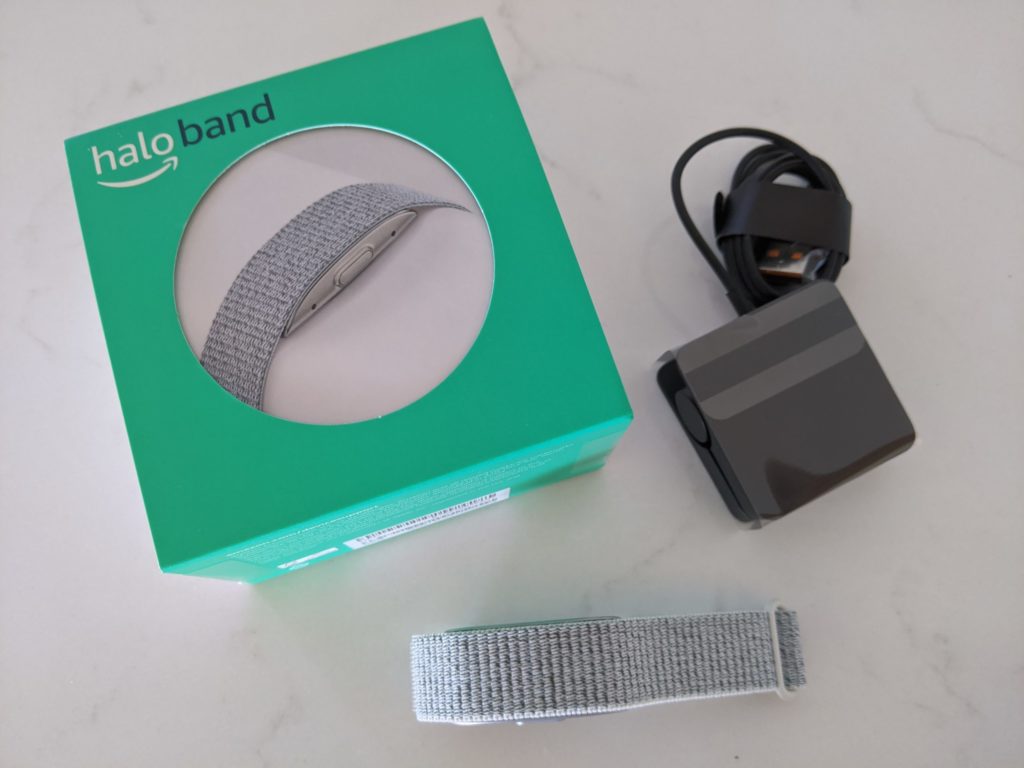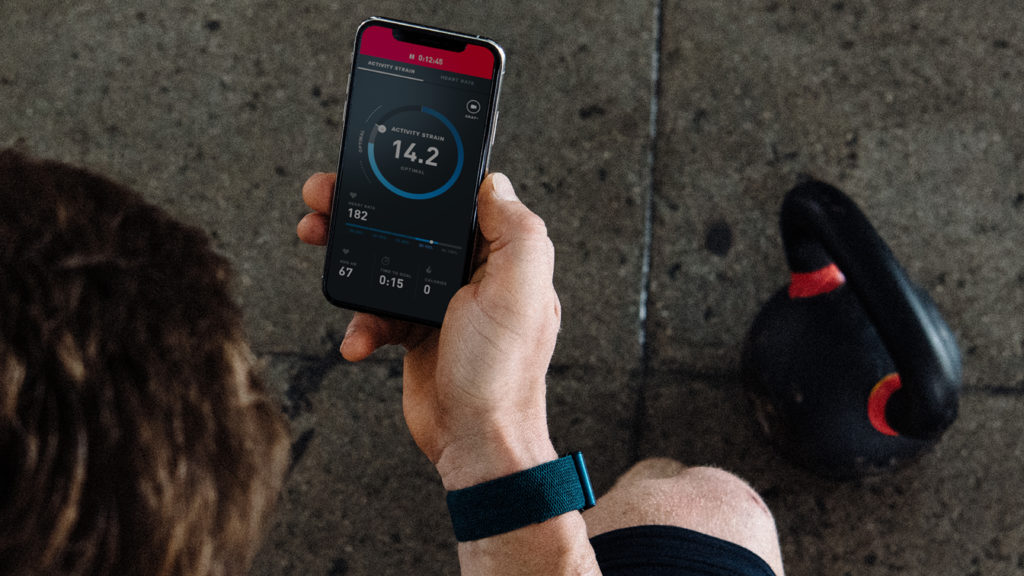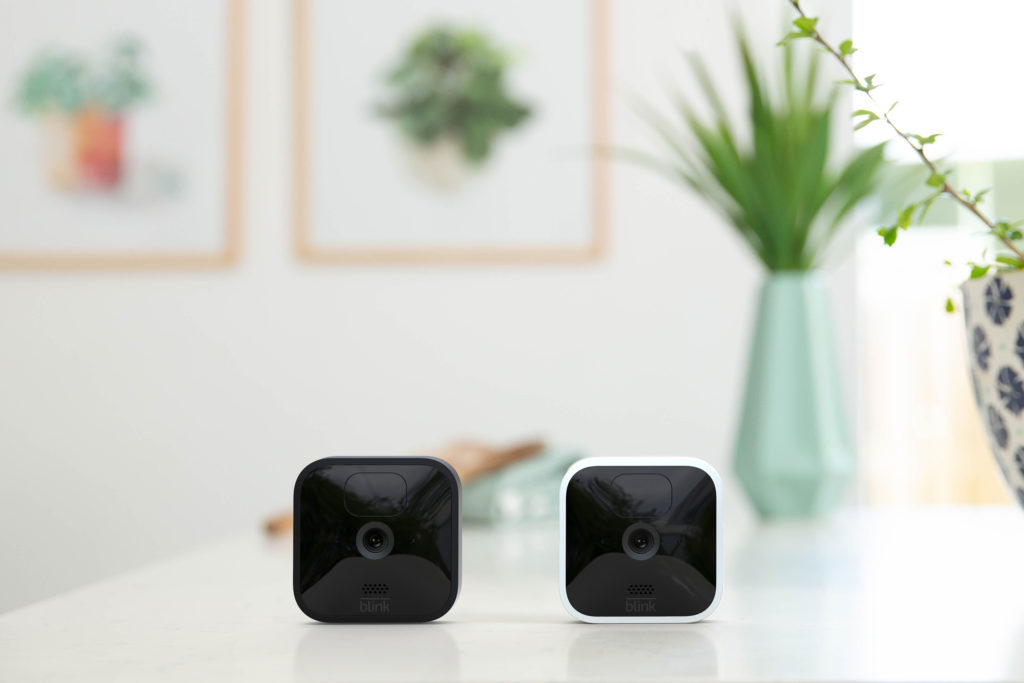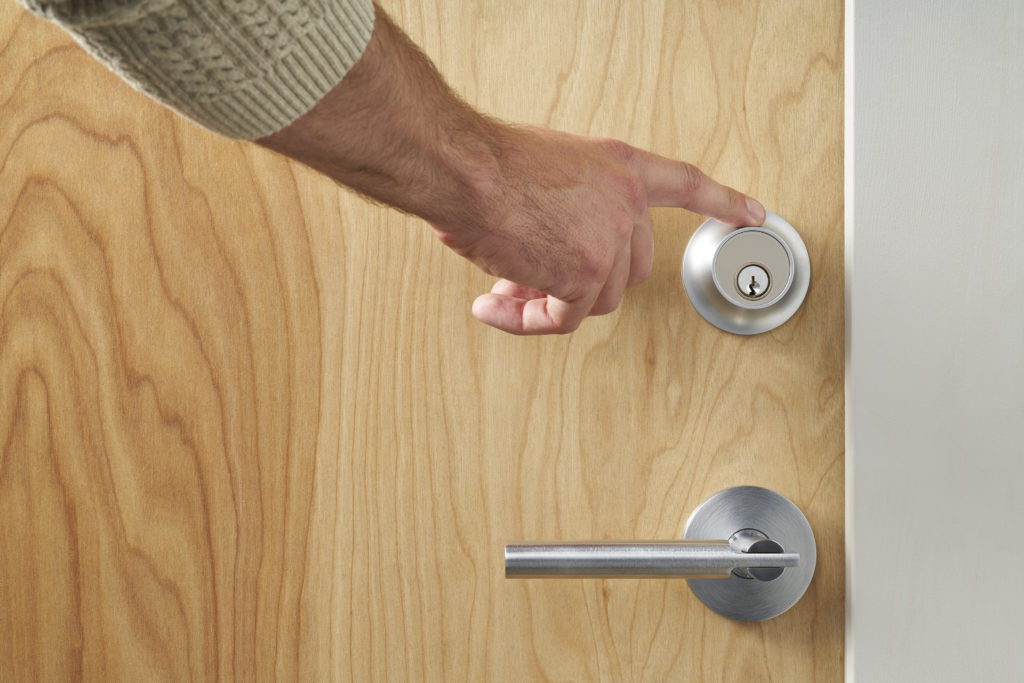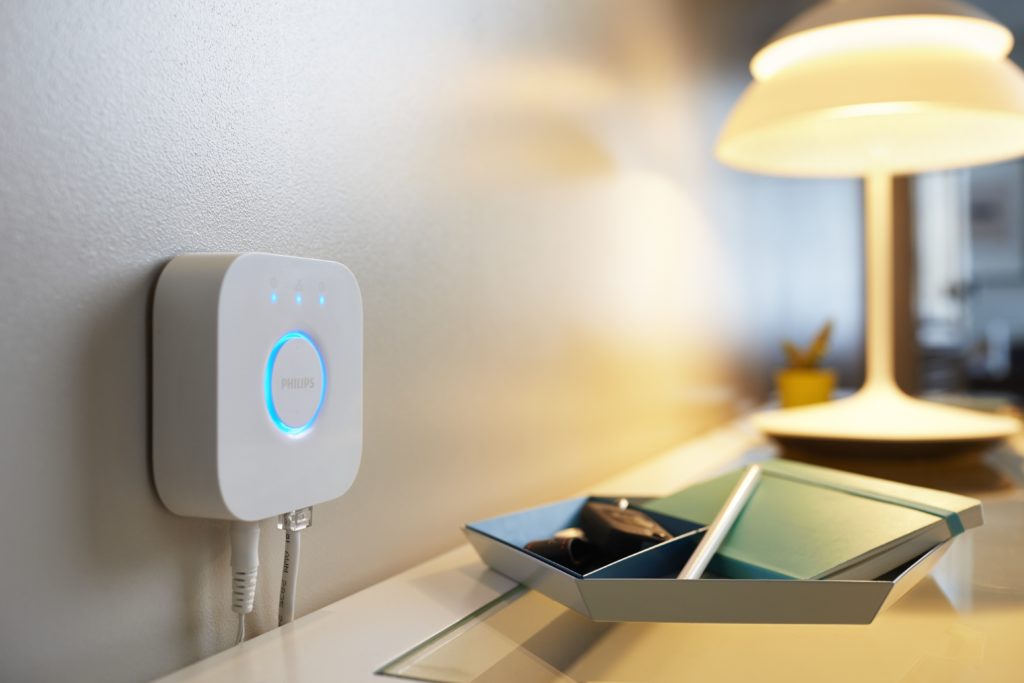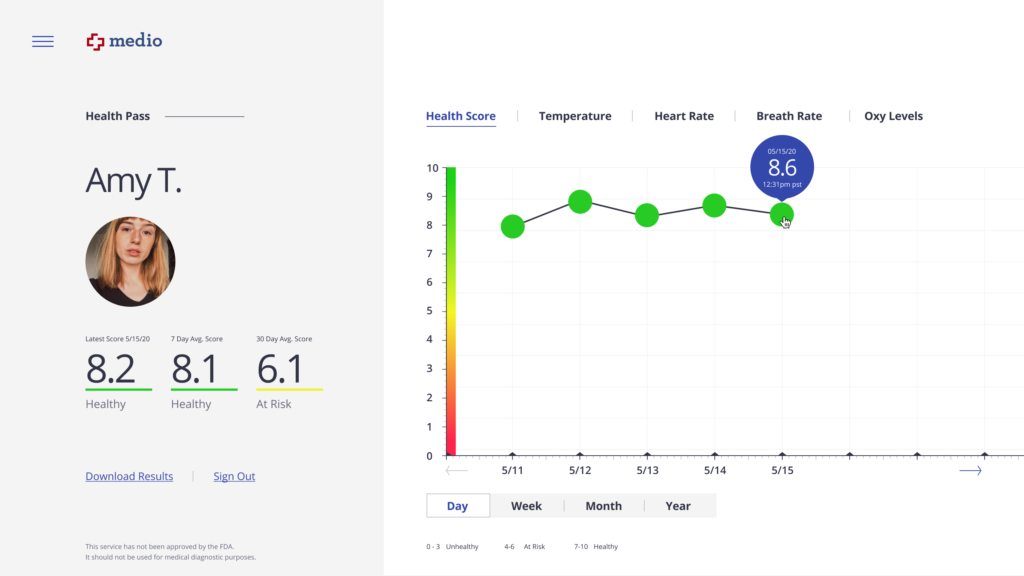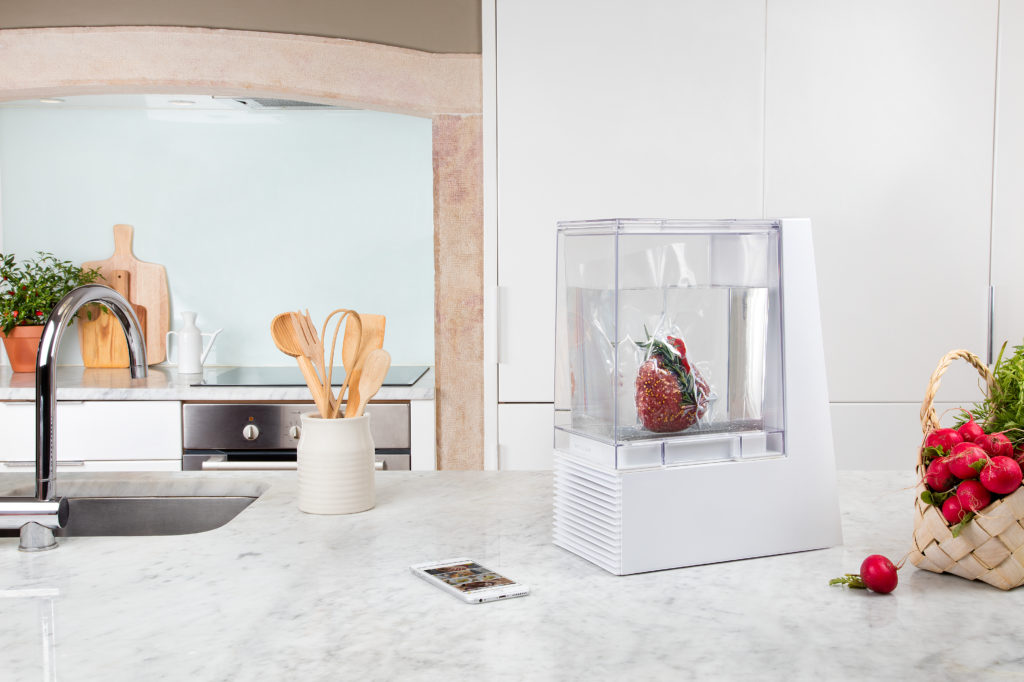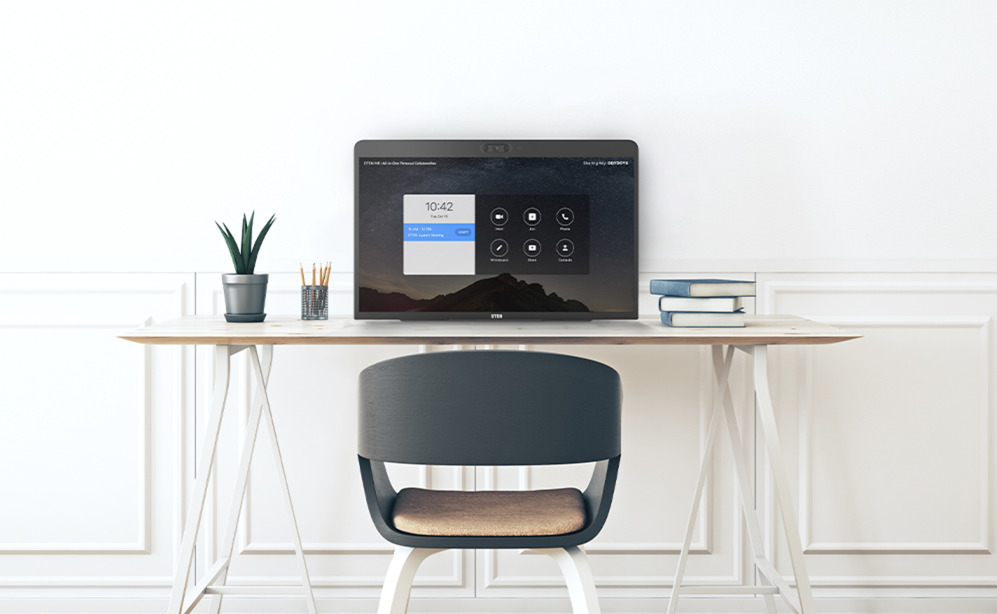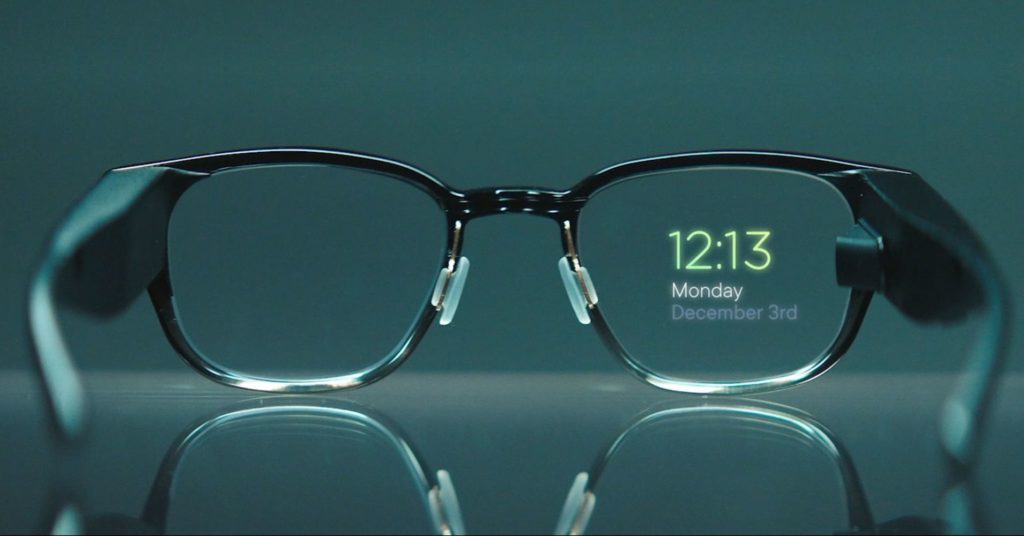This week’s podcast kicks off with the news that Project Connected Home over IP (CHIP) will also have a commercial element focused on offices, apartments, and public buildings. Then we focus on edge computing with a new way to bring machine learning to the edge and Arm expanding its free IP license program to some of its edge ML chips. We also talk about the new IoT Cybersecurity bill that passed the Senate, a virus prediction score on Airthings devices, and another new Wyze product. We round out the news with LoRaWAN, facial recognition laws, telemedicine, an upgrade to Google Fit, and a new name for Plume’s Wi-Fi service. Kevin shares his thoughts on the Eero Pro Wi-Fi system, and a quick impression of the new HomePod mini. We end this segment by answering a question about updating old Z-wave switches.
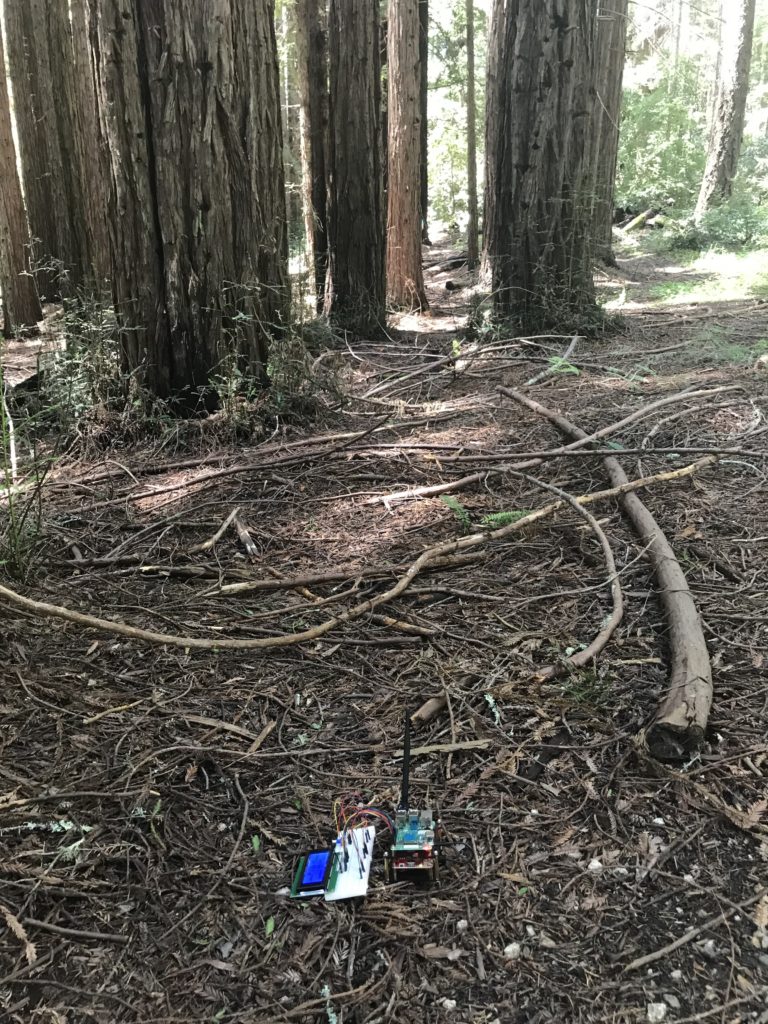
Our guest this week is Katia Obraczka, a professor of computer science and electrical engineering at UC Santa Cruz. She’s designing a sensor network to detect and monitor wildfires. She explains how she’s handling a lack of connectivity, power constraints, and budget constraints, all while trying to build in resiliency. After all, elements of this network are in fire-prone areas, and it stands to reason some of it will burn. She discusses how she’s using simulations of the network to figure out power budgets and what types of sensors she needs. She also talks about using drones as flying access points to build in more resiliency in case other forms of connectivity burn. It’s a good way to think about building a sensor network for a harsh environment.
Hosts: Stacey Higginbotham and Kevin Tofel
Guest: Katia Obraczka, a professor of computer science and electrical engineering at UC Santa Cruz
Sponsors: Calix and Teracode
- Project CHIP has commercial ambitions but needs a better name
- TinyML is a big deal and the tools are getting better
- Eero Pro is expensive but does provide quite the speed boost
- What matters most in building a sensor network for detecting wildfire
- Repurpose drones as flying Wi-Fi access points to make your network resilient
Podcast: Play in new window | Download | Embed
Subscribe: RSS

